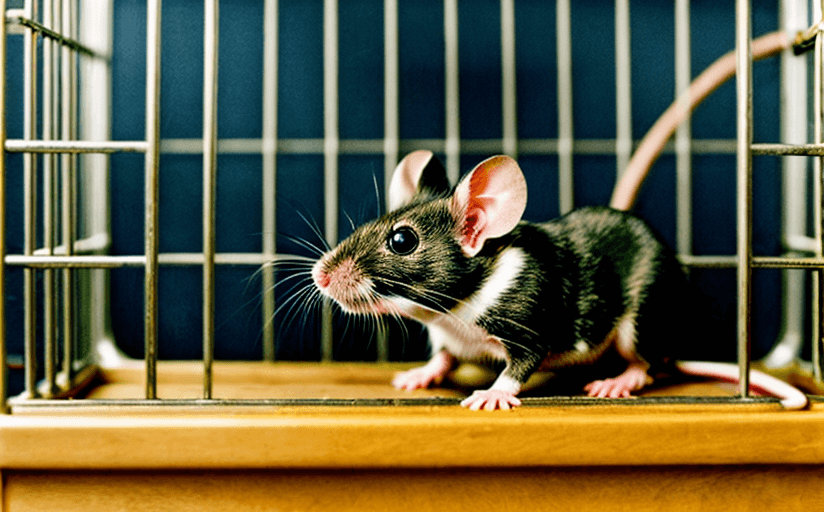Exploring the Ethical Implications of Animal Testing
Animal testing has been a controversial topic for years, with debates about the ethical implications of using animals for medical research, the potential benefits and harms of animal testing, and the alternatives to animal testing. This article will explore the ethical implications of animal testing and the pros and cons of the practice, including a discussion of the impact it has had on the advancement of medical research, whether animals should be used in medical research, and the ethical principles that should be applied when considering the use of animals in research.
Impact of Animal Testing on Medical Research
Animal testing has been used for centuries to advance medical research. It has played a major role in the development of many drugs and treatments that have saved countless lives. Animal testing has allowed scientists to understand how drugs work in the body, test the safety of new treatments, and develop treatments for a variety of illnesses. However, animal testing has also been criticized for its potential to cause suffering and death to animals, as well as its potential to produce inaccurate results due to the differences between animal and human physiology.
Should Animals Be Used in Medical Research?
The use of animals in medical research is a highly contentious issue, with strong opinions on both sides. Proponents of animal testing argue that it is necessary to advance medical research and save lives, and that it is ethically justifiable if done in a humane manner. Opponents of animal testing argue that it is cruel and unnecessary, and that it is unethical to use animals for our own benefit without considering their interests. Ultimately, this is a decision that must be made on an individual basis, taking into account factors such as the potential benefits of the research, the potential harms to the animals, and one’s own ethical principles.
Ethical Principles for Animal Testing
When considering the use of animals in research, ethical principles such as respect for life, avoidance of unnecessary suffering, and consideration of the animal’s interests should be applied. Animal testing should be conducted in a humane manner, and all efforts should be made to minimize suffering. Animals should only be used when absolutely necessary, and alternatives such as in vitro testing and computer modeling should be considered whenever possible.
Alternatives to Animal Testing
In recent years, there has been an increased focus on finding alternatives to animal testing. In vitro testing, computer modeling, and other non-animal methods have been developed to reduce the need for animal testing. These methods are often less expensive, faster, and more accurate than traditional animal testing. However, these methods are not yet advanced enough to completely replace animal testing, and further research is needed to find viable alternatives.
Conclusion
Animal testing has been an important tool in advancing medical research, but it has also been the subject of much debate due to its potential to cause suffering and death to animals. When considering the use of animals in research, ethical principles such as respect for life and avoidance of unnecessary suffering should be applied. Alternatives to animal testing, such as in vitro and computer modeling, should also be explored whenever possible. Ultimately, the decision of whether to use animals in medical research is a personal one, and each individual must consider the potential benefits and harms of animal testing and decide what is ethically justifiable.

















Comments
Leave a Comment